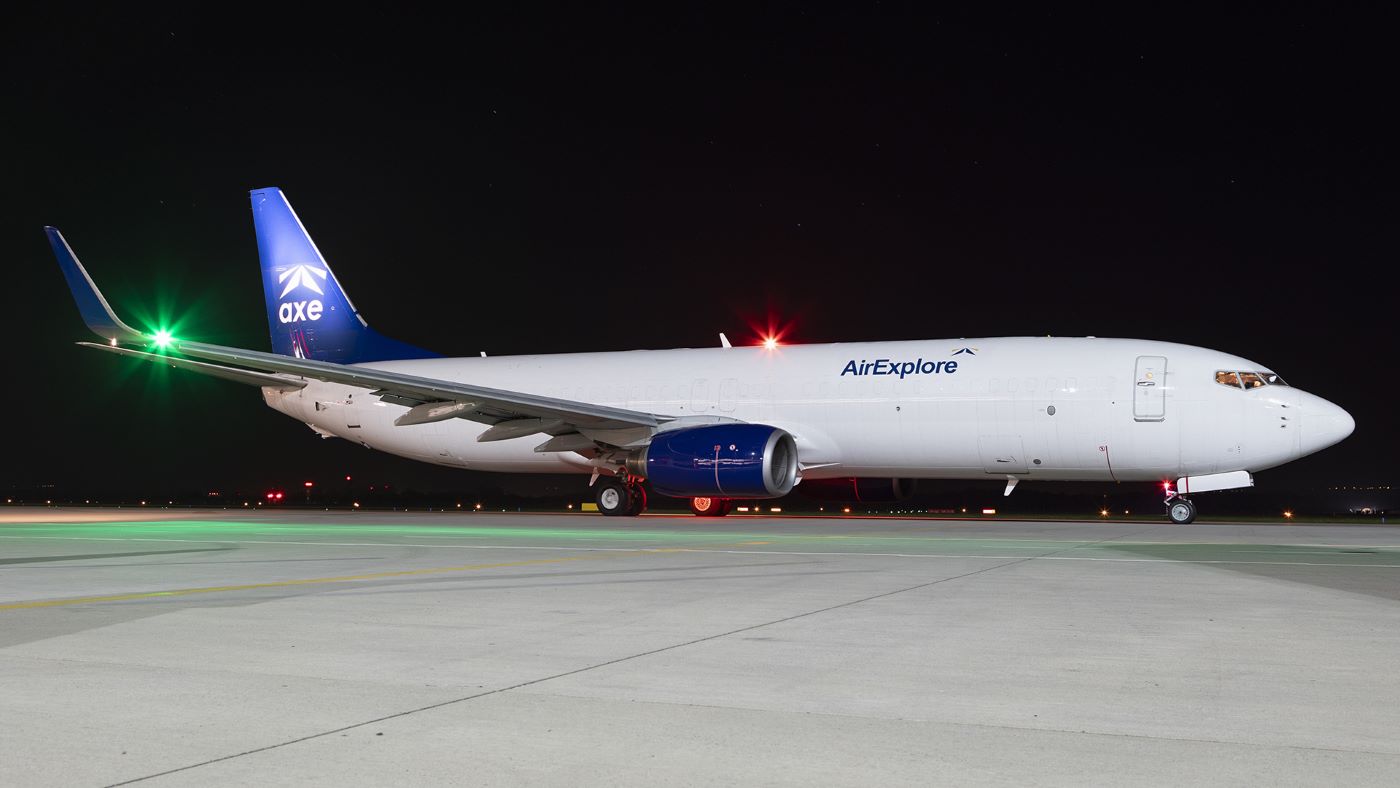A look inside the approval of AirExplore’s US Foreign Air Carrier permit
 AirExplore, Slovakia's premier airline and a member of Avia Solutions Group — the world’s leading ACMI service provider — recently announced that it had earned approval from the United States Department of Transportation (DOT) to begin operations in U.S. airspace under a conditional Foreign Air Carrier Permit (FACP). This permit marks a major milestone for the airline, enabling it to commence scheduled and charter air transportation for passengers and cargo to, from, and within U.S. territory using wet-leased aircraft. Martin Stulajter, CEO of AirExplore, explains the efforts behind this significant regulatory achievement.
AirExplore, Slovakia's premier airline and a member of Avia Solutions Group — the world’s leading ACMI service provider — recently announced that it had earned approval from the United States Department of Transportation (DOT) to begin operations in U.S. airspace under a conditional Foreign Air Carrier Permit (FACP). This permit marks a major milestone for the airline, enabling it to commence scheduled and charter air transportation for passengers and cargo to, from, and within U.S. territory using wet-leased aircraft. Martin Stulajter, CEO of AirExplore, explains the efforts behind this significant regulatory achievement.
To operate in the U.S., airlines must demonstrate capability for commercial operations under Part 129 of the Federal Aviation Regulations. While the FACP is an authorization from the U.S. DOT, the Federal Aviation Administration (FAA), International Field Offices (IFO) are responsible for issuance and amendment of foreign air carrier operation specification (OpSpecs). Operating standards governing foreign operators are contained in Parts 91 and 129.The Federal Aviation Administration’s (FAA) is also responsible for International Aviation Safety Assessment (IASA) program, assessing oversight authority of the country where operator is registered. While the FAA OpSpecs issuance and the DOT FACP involve separate processes with timelines that can span months, to initiate, perform and close the FAA IASA audit of national oversight authority can takes years.
“It can take several years just to initiate IASA process, as it’s more or less a diplomatic effort based on bilateral agreements,” Stulajter says. ”The FAA has to allocate federal resources and budget for this process, so assessments have to be planned at least a year in advance.”
According to Stulajter, the assessment might include a series of corrective actions, with specific requirements varying by the country of the applicant’s air operator certificate. The highest accreditation is for “category 1” countries. This initial stage of the application can take a year, and being based in a category 1 country is essential, as only operators from such countries can apply for Part 129 operations specifications from the FAA.
Meanwhile, the U.S. DOT's FACP serves less as a regulation for air carrier operations and more as a commercial license to operate as an airline within the U.S.
“The FACP enables us to operate to, from, or within the U.S. under our own callsign with our own aircraft, provided we comply with the FAA Part 129 operations specifications," Stulajter explains, noting that obtaining the FACP typically takes a few weeks to three months.
Although AirExplore has its FACP, the permit mandates collaboration with an airline that holds an FAA Part 129 operations license from a category 1 country of origin. Slovakia, AirExplore’s home, does not yet meet these requirements.
“AirExplore is constantly lobbying within the Slovak authorities and the government to initiate and undergo an IASA audit as soon as possible," Stulajter says. “Once Slovakia achieves IASA category 1 status, we believe we will easily secure our Part 129 license, as we are already compliant with all the other requirements.”
Stulajter's confidence in AirExplore’s capability to secure approval for Part 129 operations is backed by recent key safety certifications from internationally recognized authorities.
“We recently became IATA IOSA certified and operate under an EASA environment, adhering to the same standards as other EU operators," Stulajter notes. "When we earn U.S. approval, it will align with similar approvals we already have in neighboring Canada.”
As AirExplore continues its quest for approval, and with Slovakia potentially nearing category 1 status, the airline is looking ahead at growth. Gaining this additional certification would expand the potential customer base that AirExplore could serve with its recently expanded aircraft fleet.
